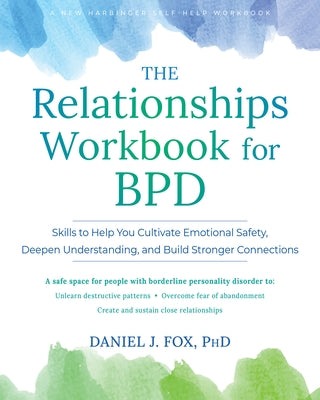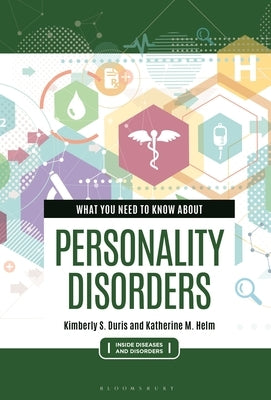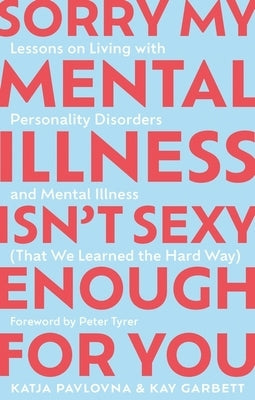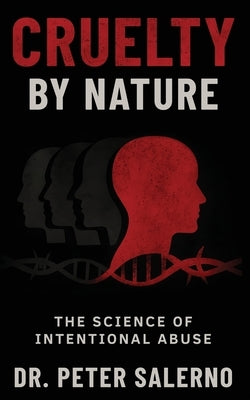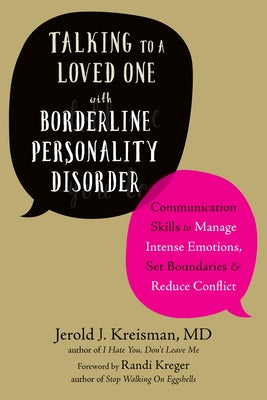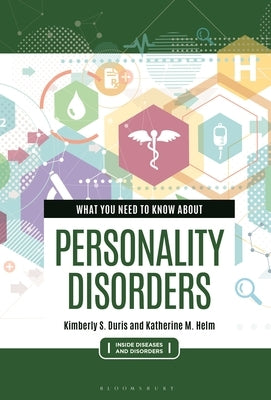Sale 10% Off Your First Order
Sale 10% Off Your First Order
Movies & TV
Toys & Collectibles
- Home
- Mentalizing in Psychotherapy: A Guide for Practitioners
Description
How can therapists help clients reflect more deeply on their own--and other people's--thoughts and emotions? How can the therapeutic relationship be leveraged effectively to create change? This concise book guides therapists of any orientation to incorporate innovative mentalization-based strategies into assessment and intervention. Complex ideas are clearly explained and illustrated with extensive session transcripts and vignettes. Ways to help clients struggling with dysregulated emotions and behavior are highlighted. Compelling topics include the role of mentalization difficulties in personality disorders, special concerns in working with adolescents, and how clinicians can improve their own mentalizing capacities.
About the Author
Carla Sharp, PhD, is Professor in the Clinical Psychology Doctoral Program and Associate Dean for Faculty and Research at the University of Houston, where she is also Director of the Adolescent Diagnosis Assessment Prevention and Treatment (ADAPT) Center and the Developmental Psychopathology Lab. Dr. Sharp holds adjunct positions at University College London in the United Kingdom and the University of the Free State in South Africa. Her work has significantly advanced scientific understanding of personality pathology in youth. She is a recipient of the Mid-Career Investigator Award from the North American Society for the Study of Personality Disorders and the Award for Achievement in the Field of Severe Personality Disorders from the Borderline Personality Disorder Resource Center. She is President of the International Society for the Study of Personality Disorders and Associate Editor of the American Psychological Association journal Personality Disorders: Theory, Research, and Treatment. Dr. Sharp has published over 280 peer-reviewed publications, chapters, and books. Dickon Bevington, MA, MBBS, MRCPsych, is a consultant in child and adolescent psychiatry, Cambridge and Peterborough NHS Foundation Trust, and Medical Director of the Anna Freud National Centre for Children and Families, London, United Kingdom. His clinical work is with high-risk and highly complex young people with substance use disorders. At the Anna Freud Centre, alongside his Medical Director role, Dr. Bevington is a developer of and trainer in mentalization-based approaches, in particular co-leading the development of Adaptive Mentalization-Based Integrative Treatment (AMBIT), an award-winning approach used by teams across the world. He was listed as one of the "Top 50 Innovators in Health" by the Health Service Journal in 2014. Dr. Bevington has published on and teaches AMBIT internationally. His research interests include youth substance use disorders, implementation science, and pragmatic approaches to whole-systems change. He is a past Fellow of the Cambridge Collaboration for Leadership in Applied Health Research and Care.
About the Author
Carla Sharp, PhD, is Professor in the Clinical Psychology Doctoral Program and Associate Dean for Faculty and Research at the University of Houston, where she is also Director of the Adolescent Diagnosis Assessment Prevention and Treatment (ADAPT) Center and the Developmental Psychopathology Lab. Dr. Sharp holds adjunct positions at University College London in the United Kingdom and the University of the Free State in South Africa. Her work has significantly advanced scientific understanding of personality pathology in youth. She is a recipient of the Mid-Career Investigator Award from the North American Society for the Study of Personality Disorders and the Award for Achievement in the Field of Severe Personality Disorders from the Borderline Personality Disorder Resource Center. She is President of the International Society for the Study of Personality Disorders and Associate Editor of the American Psychological Association journal Personality Disorders: Theory, Research, and Treatment. Dr. Sharp has published over 280 peer-reviewed publications, chapters, and books. Dickon Bevington, MA, MBBS, MRCPsych, is a consultant in child and adolescent psychiatry, Cambridge and Peterborough NHS Foundation Trust, and Medical Director of the Anna Freud National Centre for Children and Families, London, United Kingdom. His clinical work is with high-risk and highly complex young people with substance use disorders. At the Anna Freud Centre, alongside his Medical Director role, Dr. Bevington is a developer of and trainer in mentalization-based approaches, in particular co-leading the development of Adaptive Mentalization-Based Integrative Treatment (AMBIT), an award-winning approach used by teams across the world. He was listed as one of the "Top 50 Innovators in Health" by the Health Service Journal in 2014. Dr. Bevington has published on and teaches AMBIT internationally. His research interests include youth substance use disorders, implementation science, and pragmatic approaches to whole-systems change. He is a past Fellow of the Cambridge Collaboration for Leadership in Applied Health Research and Care.
Related Products
You May Also Like
-
-
-
$18.99 $25.95
-
-
Recently Viewed Products
Related Products
Recently viewed products
Shopping cart
close
-
WHAT ARE YOU LOOKING FOR?Search
- Home
- Movies & TV
- Music
- Toys & Collectibles
- Video Games
- Books
- Electronics
- About us
- Castle Chronicles
- Contact us
- Login / Register







